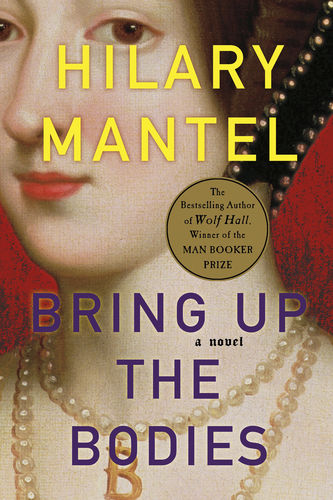The final novel in the Cousin’s War series by Philippa Gregory, The King’s Curse, is, I believe, one of her best. Set during the reign of the Tudors, it centres on Margaret Pole , cousin to Elizabeth of York and a Plantagenet by birth and therefore, a constant threat to Tudor supremacy as she carries the noble blood of the Yorks and the white rose. Married off to a knight, Sir Richard Pole and sent to Wales and as far away from court as possible, Margaret is content to live out her life away from intrigue and potential danger and raise her ever-growing family. But, when the young Prince Arthur and his beautiful Spanish bride, Katherine of Aragon come under her guardianship, Margaret is thrust once more into the toxic and uncertain politics of the Tudor dynasty.
, cousin to Elizabeth of York and a Plantagenet by birth and therefore, a constant threat to Tudor supremacy as she carries the noble blood of the Yorks and the white rose. Married off to a knight, Sir Richard Pole and sent to Wales and as far away from court as possible, Margaret is content to live out her life away from intrigue and potential danger and raise her ever-growing family. But, when the young Prince Arthur and his beautiful Spanish bride, Katherine of Aragon come under her guardianship, Margaret is thrust once more into the toxic and uncertain politics of the Tudor dynasty.
The novel follows the well-known historical events that mark the rise of the cheeky young prince who will become the obese and surly Henry VIII (if you don’t know the history, then skip to the end of this review!); the tragic death of Arthur, Henry taking Katherine for his bride, the loss of many babies, (mostly boys) before young Mary survives and Henry’s growing disenchantment with his queen and his belief, real or convenient, that his union with her is cursed. Through Margaret’s eyes, it tracks his moves to sever the English church from Rome and his fickleness when it comes to women and friends. All are documented in this marvellous and utterly gripping tale.
From quietude and poverty, when Katherine becomes Henry’s queen, Margaret is placed back at the centre of the court and her riches and title restored. Basking in her role as Katherine’s companion and governess to her children, she excels and ensures her children also benefit from this largesse. Perfectly placed to observe the man Henry becomes (a narcissist and bully who cannot bear to hear or see anything negative and who remains wilfully ignorant about his own role in his failed relationships, thus becoming a brutal tyrant who lacks emotional depth) and the changes his spiritual vacillation wreak upon his court and country, devout and very Catholic Margaret is no fool. Determined to retain her position, she defies the odds and the machinations of those close to Henry who would see her and her family fall and fail. Torn between Katherine and the cruelties being inflicted upon her, and later, her daughter Mary, pulled first the Catholic way and then towards the new religion, Margaret is the ultimate dissembler. But Henry is no fool and there are those who whisper in his ear about the Poles, the Plantagenets and an old curse that will render his line extinct…
Can Margaret prevail, or will her knowledge and passion for social and religious justice and those who, in her mind and heart uphold it, see her undone?
Renown not only for her historical acumen but ability to give the silent women of history a real and powerful voice, in The King’s Curse, Gregory really earns her title as the “queen of royal fiction.” This was a compelling and very original interpretation of known events and, though I know the facts well, I couldn’t put this down. Margaret is such a strong and convincing character who, for her time especially, defies the forces working to undermine her and remains defiant to the end.
As for Gregory’s portrait of Henry VIII… what a total tool and bastard she has painted him – completely convincing and not divorced (excuse the pun) from the records and other accounts of the era. Though, this is a novel very sympathetic to the Catholic cause and has little time for those on the side of the Reformation, and its important to keep that in mind as well. Not that it stops you enjoying it!
Highly recommended for lovers of historical fiction, and just someone after a great read.

 ting reading experience), I approached Bring Up the Bodies with a healthy amount of scepticism but also a desire to like the book.
ting reading experience), I approached Bring Up the Bodies with a healthy amount of scepticism but also a desire to like the book.


